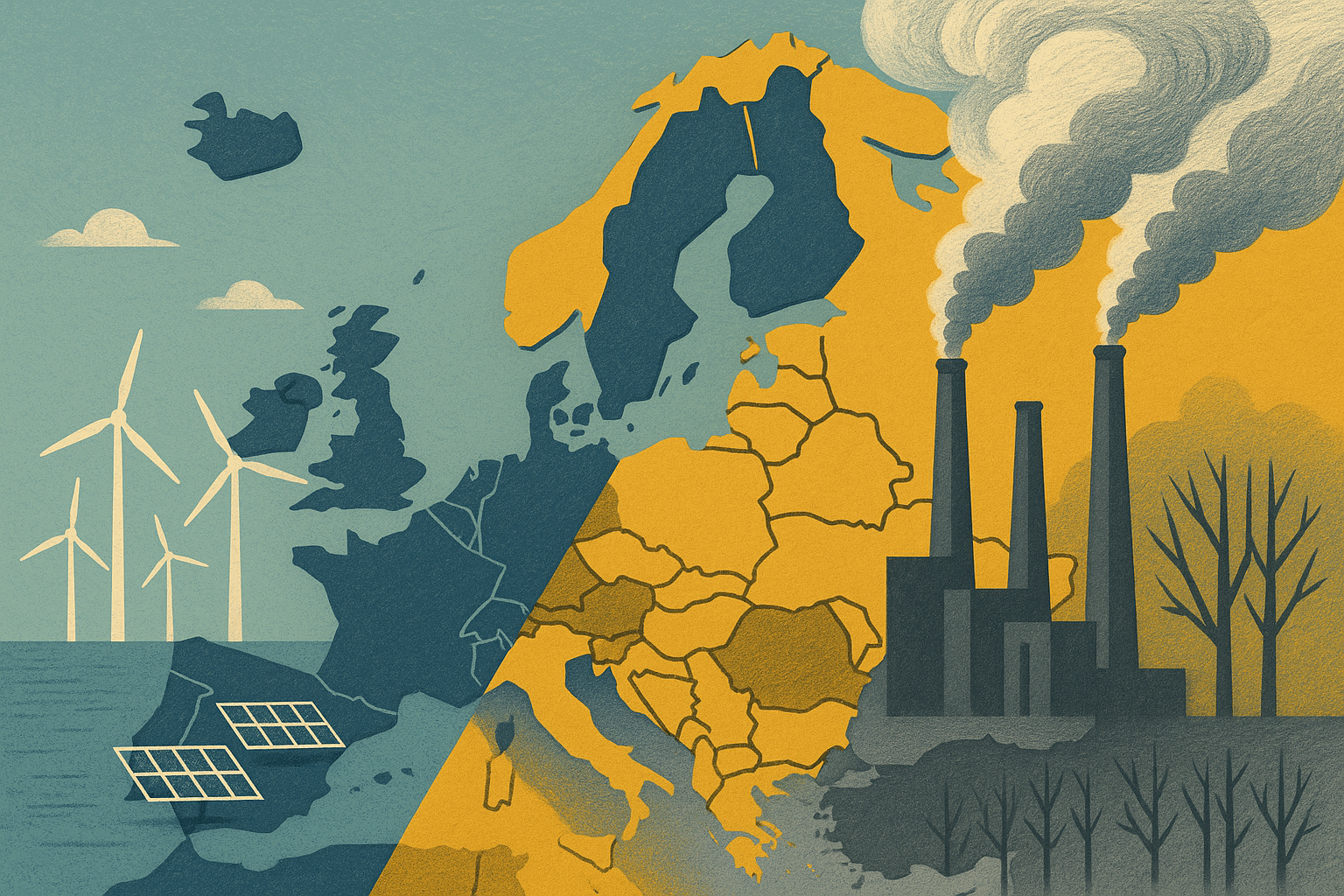ExxonMobil has stepped up its opposition to the European Union’s new corporate accountability law, calling on the United States government to intervene on its behalf in transatlantic trade talks.
The Corporate Sustainability Due Diligence Directive (CSDDD), adopted last year, requires large companies operating in the EU to identify, prevent, and mitigate environmental and human rights harms across their global supply chains. Businesses that fail to comply face fines of up to 5 per cent of global turnover.
Darren Woods, Exxon’s chief executive, has described the penalties as “bone-crushing” and warned that the compliance burden will harm competitiveness. Speaking to US officials this week, he argued that the directive will discourage new investment in Europe’s energy and industrial sectors.
According to Reuters, Exxon has asked the US administration to raise the issue with the European Commission, urging that the law be eased or delayed. The appeal coincides with the company’s decision to pause a €100 million expansion of plastic recycling projects in Rotterdam and Antwerp, citing uncertainty linked to the EU’s sustainability rulebook.
The lobbying effort highlights the growing transatlantic tension over regulatory standards. Washington has supported broad climate and human rights objectives but has been wary of rules that extend extraterritorially to American companies. Exxon’s position adds pressure on President Donald Trump’s administration to defend corporate interests in upcoming trade discussions.
The EU, meanwhile, is facing pushback at home. Germany and France have expressed concern that the law, in its current form, could undermine competitiveness, while business groups across multiple sectors have called for clarity on scope and enforcement. Officials in Brussels are said to be considering adjustments to the implementation timeline and thresholds to address industry concerns.
Supporters of the directive argue that it is a necessary step to hold multinationals accountable for their environmental and social footprints. Advocacy groups including Human Rights Watch and Global Witness have warned against diluting the law, stressing that it is designed to prevent abuses such as forced labour, deforestation, and unchecked emissions in corporate supply chains.
The standoff raises questions about how strictly the law will be enforced and what it means for Europe’s investment climate. Analysts note that the CSDDD sits at the intersection of industrial strategy, climate policy, and global trade — making it a flashpoint for both corporate lobbyists and environmental advocates.
The coming months will be decisive as member states finalise how the directive will be transposed into national law. For Exxon and other multinationals, the outcome will determine whether compliance requires incremental adjustments — or a fundamental rethink of their European operations.




